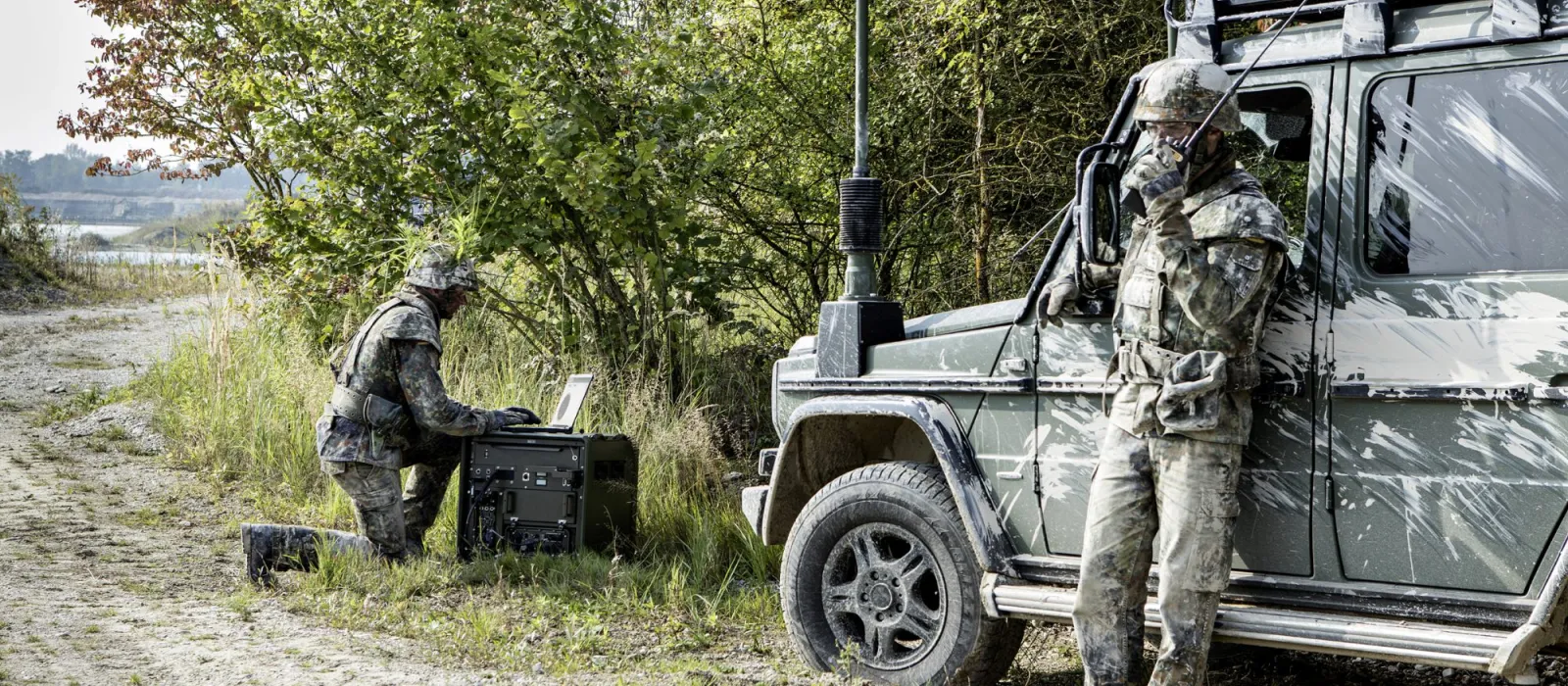MIL-STD-202 Environmental Testing of Electronic Components
The MIL-STD-202 series is a collection of U.S. military specifications that provide guidelines and procedures for testing the durability, reliability, and performance of electronic components under various environmental conditions. Among these standards, Method 108E: Thermal Cycling (commonly referred to as MIL-STD-202) has been widely adopted in industry and government sectors. This test evaluates how well a component withstands repeated exposure to different temperature ranges over time.
This type of testing is crucial for ensuring that electronic components can function reliably under extreme environmental conditions encountered during deployment or transportation. The standard covers not only the thermal cycling but also other environmental stresses such as humidity, altitude, and shock. These tests are particularly important in military applications where equipment must operate in harsh environments like deserts, jungles, polar regions, and on naval vessels.
Electronic components subjected to MIL-STD-202 testing undergo rigorous procedures that simulate real-world conditions. For instance, during thermal cycling, the component is exposed to rapid temperature changes between specified high and low points. This simulates the temperature fluctuations experienced by equipment in field environments. Additionally, humidity tests ensure that the electronic parts can withstand moisture that may corrode or damage them.
The test parameters for MIL-STD-202 are meticulously defined in the standard document. Specimen preparation involves ensuring that the component is representative of typical usage conditions. This includes cleaning and conditioning the specimen before testing begins. The instrumentation used must be capable of accurately measuring temperature changes, humidity levels, and other relevant environmental factors.
The acceptance criteria for passing these tests are based on industry standards such as ISO 9001:2015 and MIL-STD-810H. A component passes if it meets the specified performance thresholds after undergoing the prescribed environmental stresses without failure or degradation beyond acceptable limits. Compliance with MIL-STD-202 is often a requirement for suppliers to meet contract terms with military and government organizations.
Compliance with MIL-STD-202 testing ensures that electronic components are not only robust but also reliable in diverse operational scenarios. This standard plays a critical role in enhancing the overall quality of equipment used by the military, thereby improving mission success rates.
Industry Applications
| Application | Description |
|---|---|
| Military Electronics | This test is essential for ensuring that military electronics can function reliably under extreme environmental conditions. |
| National Security Systems | The robustness of components used in these systems must be validated to prevent failures during critical operations. |
| Spacecraft Electronics | Equipment in space needs to withstand vast temperature variations and other harsh environmental factors. |
| Naval Vessels | Components on naval vessels need to endure saltwater exposure, vibration, and mechanical stress. |
| Application | Description |
|---|---|
| Aerospace Electronics | Equipment in the aerospace industry must be durable against extreme temperatures and other environmental stresses. |
| Military Logistics | The reliability of logistics equipment is crucial for maintaining supply chains under challenging conditions. |
| Defense Contractors | Defense contractors need to ensure their components meet strict quality and performance standards. |
Durability Testing at Eurolab: Your Partner in Compliance and Quality Assurance
We offer comprehensive MIL-STD-202 testing services tailored to the specific needs of our clients. Our state-of-the-art facilities are equipped with advanced instrumentation capable of simulating a wide range of environmental conditions. Our team of experts ensures that every test is conducted according to the latest standards and guidelines.
At Eurolab, we pride ourselves on providing accurate, reliable results that meet or exceed industry expectations. We employ only certified personnel who are trained in the latest testing techniques and best practices. Our commitment to quality extends beyond just meeting specifications; it includes delivering detailed reports and insights into how your components perform under various conditions.
Our laboratory is ISO 9001:2015 certified, ensuring that our processes meet international standards for quality management systems. This certification guarantees that all aspects of our testing services are consistently delivered to high-quality levels. By choosing Eurolab for MIL-STD-202 testing, you can be confident in the reliability and accuracy of your results.
Why Choose This Test?
- MIL-STD-202 testing ensures that electronic components are robust and reliable under extreme environmental conditions.
- The tests simulate real-world scenarios, providing accurate performance data for decision-making purposes.
- Compliance with MIL-STD-202 is often a requirement for suppliers to meet contract terms with military and government organizations.
- We provide detailed reports that offer insights into the performance of your components under various conditions.
- Our state-of-the-art facilities are equipped with advanced instrumentation capable of simulating a wide range of environmental conditions.
- Our certified personnel ensure accurate, reliable results that meet or exceed industry expectations.
- We employ best practices and latest testing techniques to deliver consistent quality in our services.
- ISO 9001:2015 certification guarantees that all aspects of our testing services are consistently delivered to high-quality levels.





